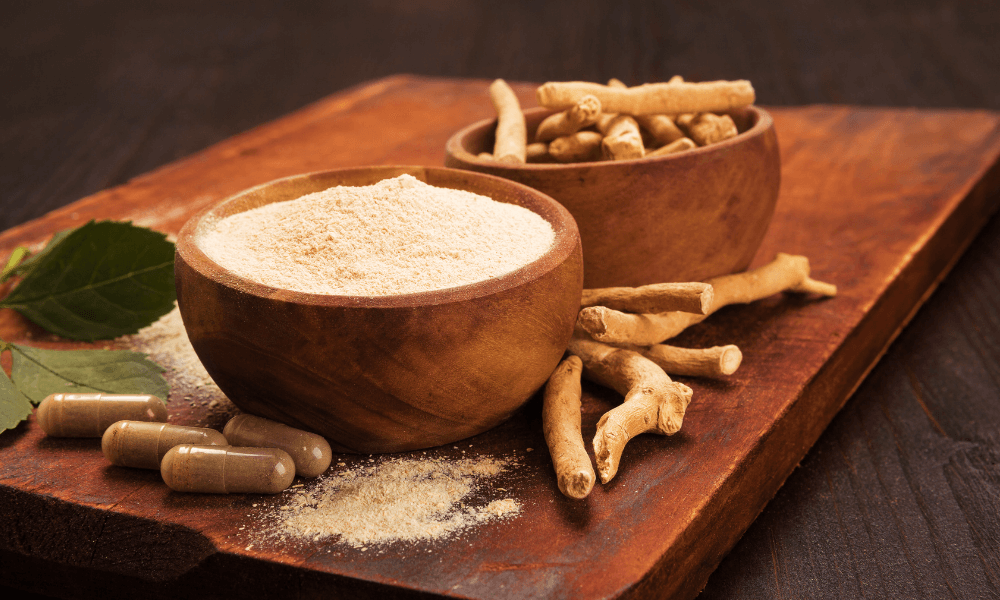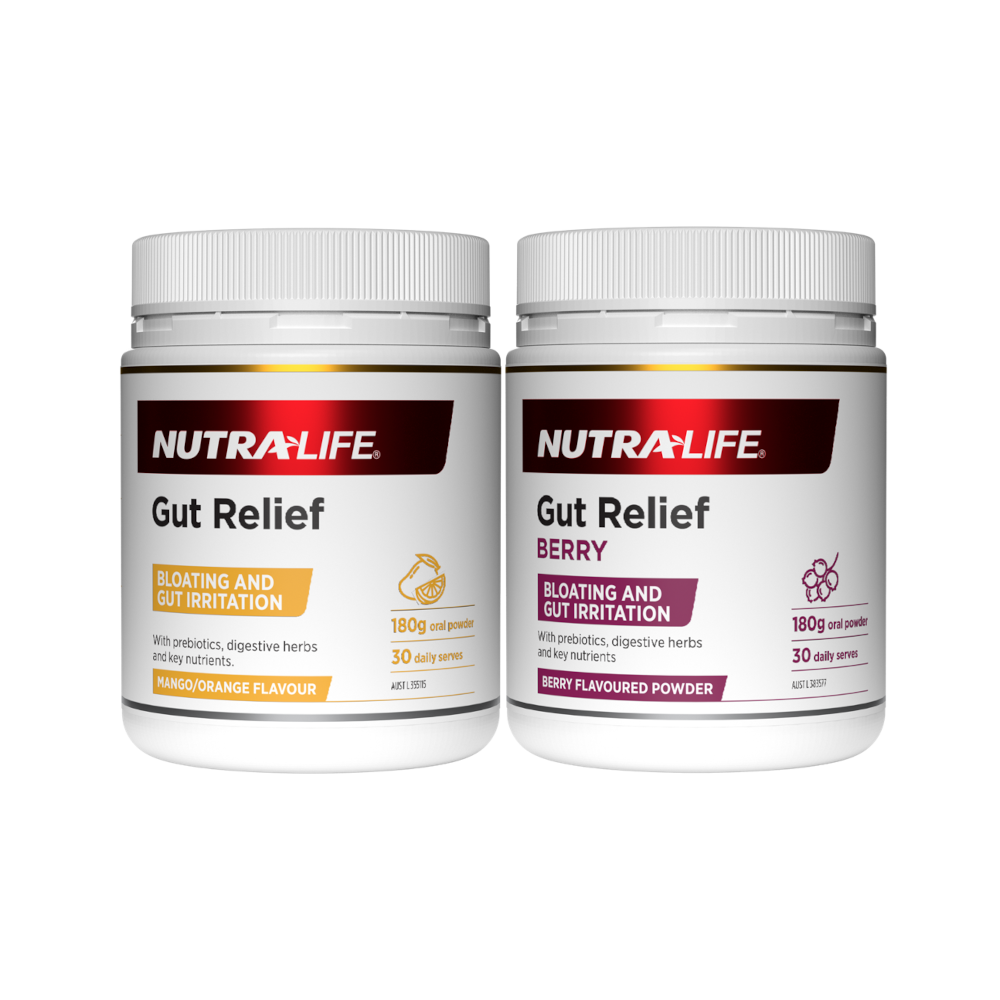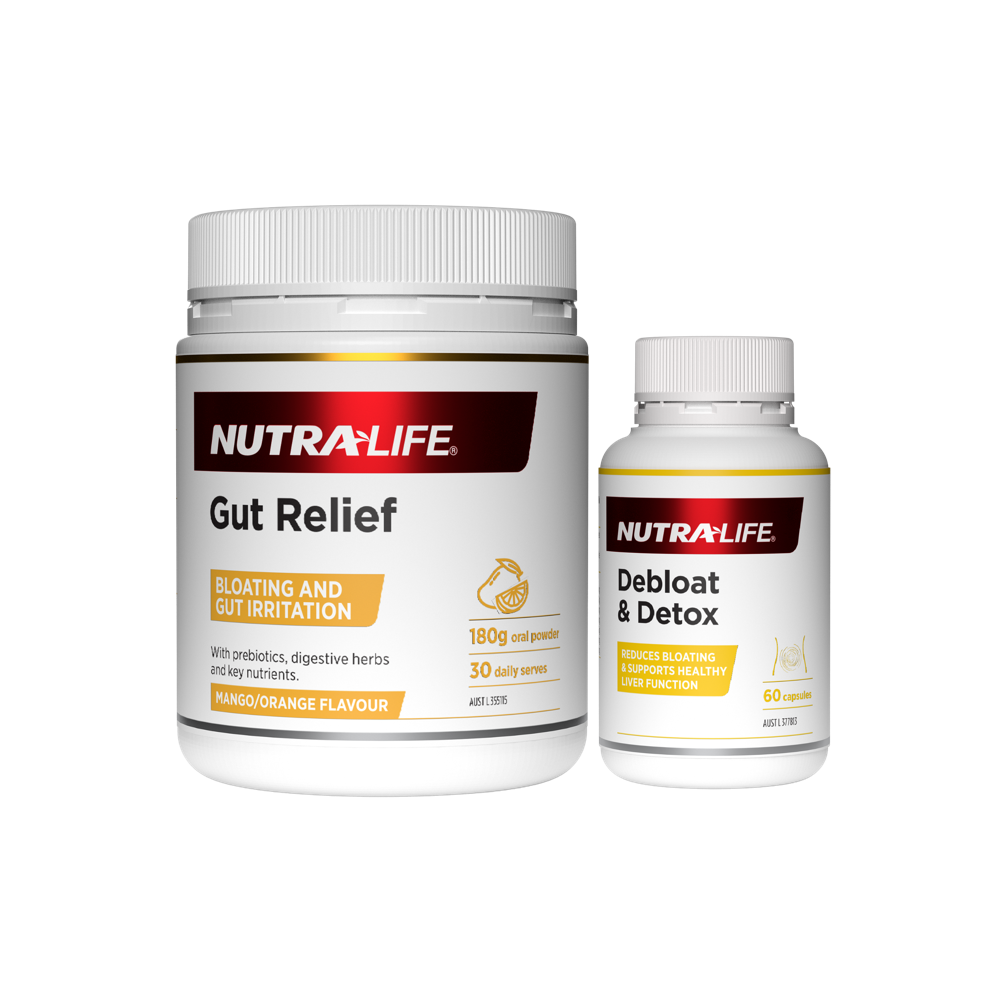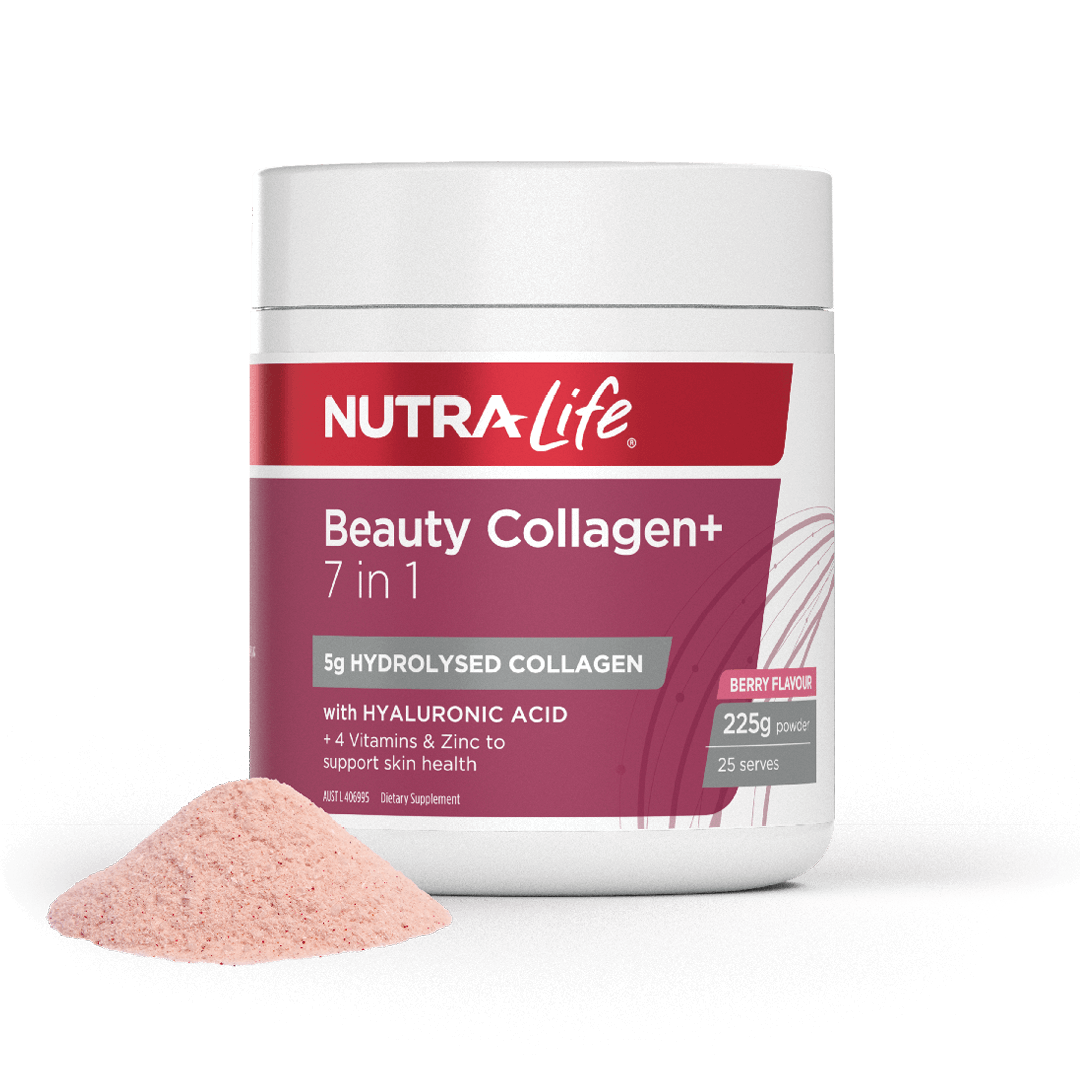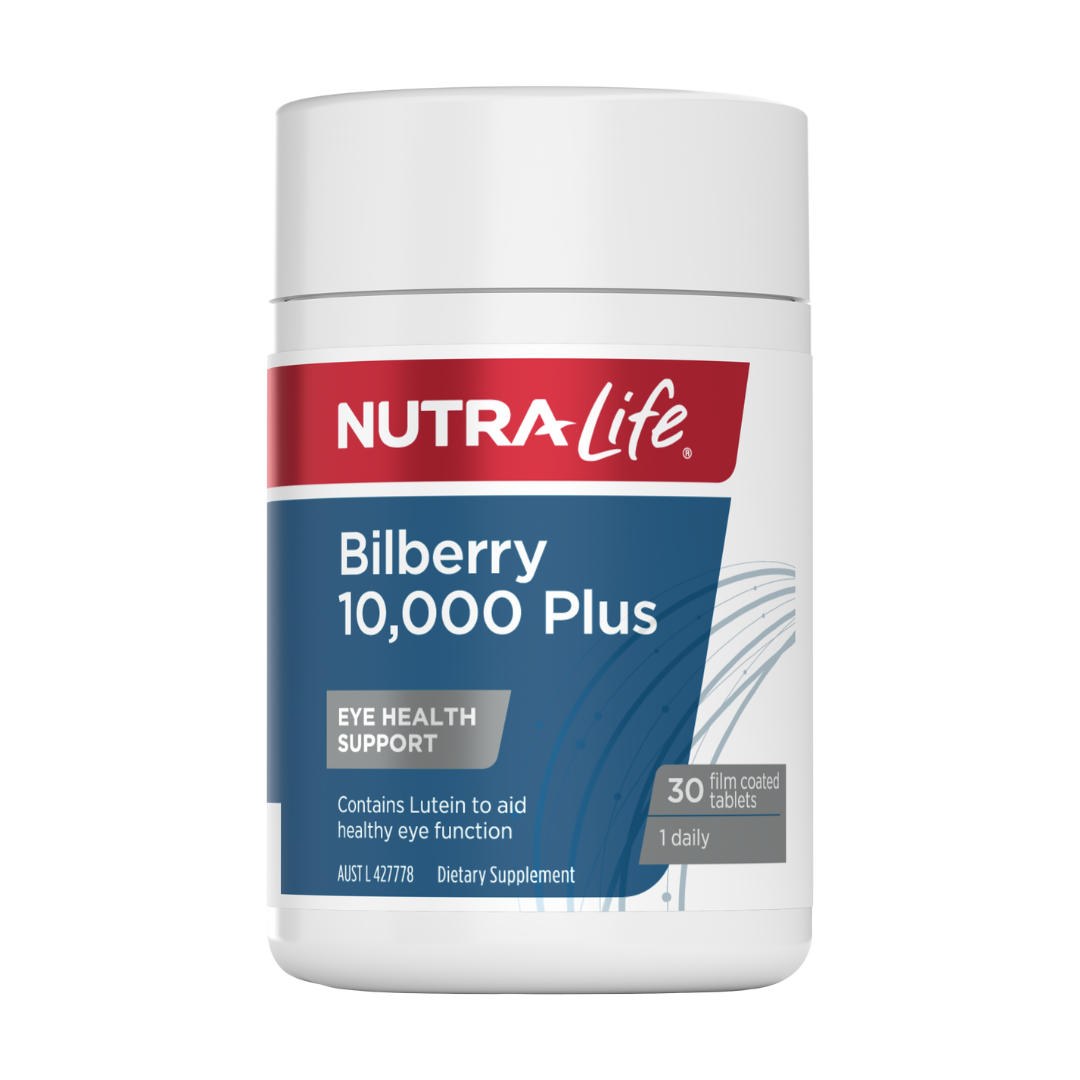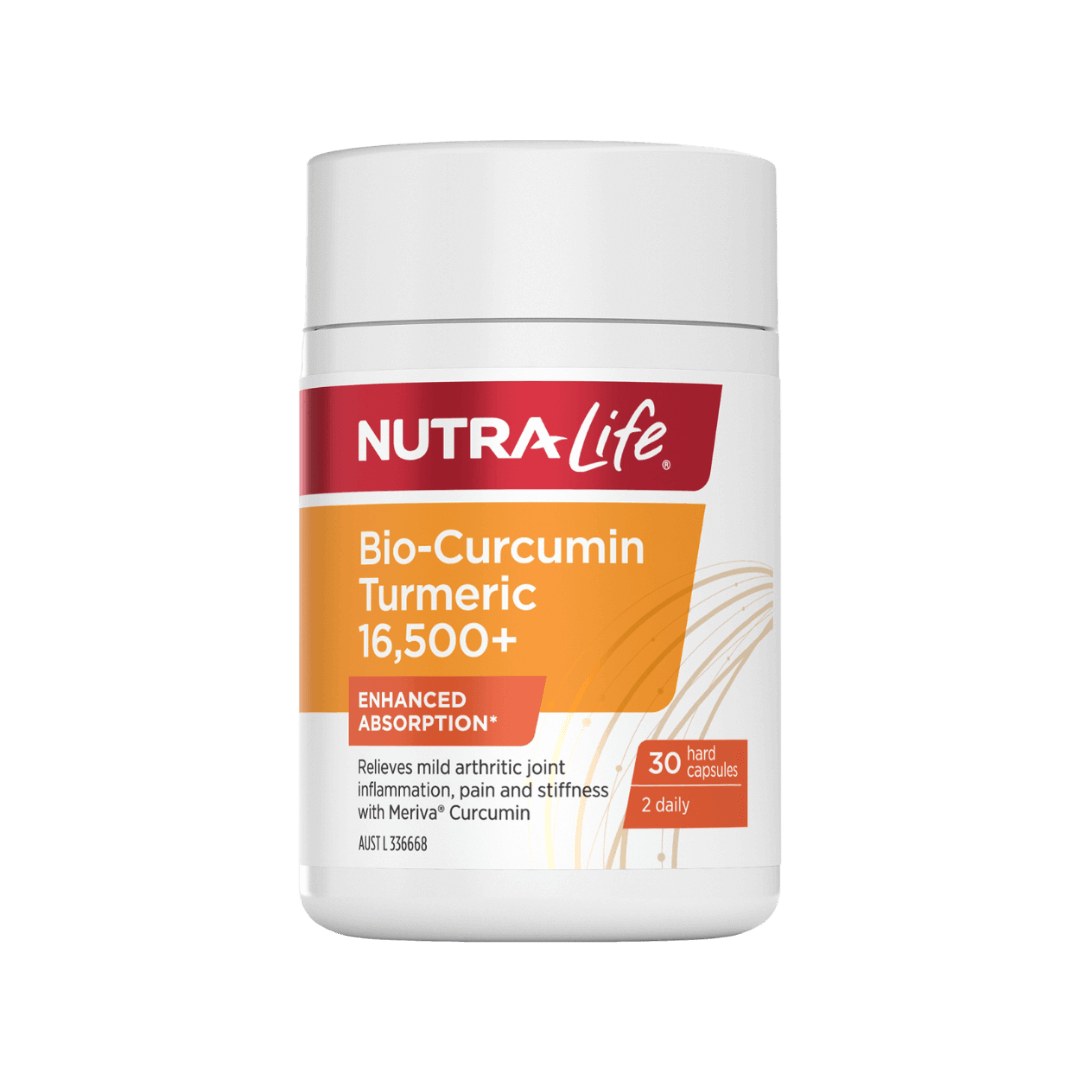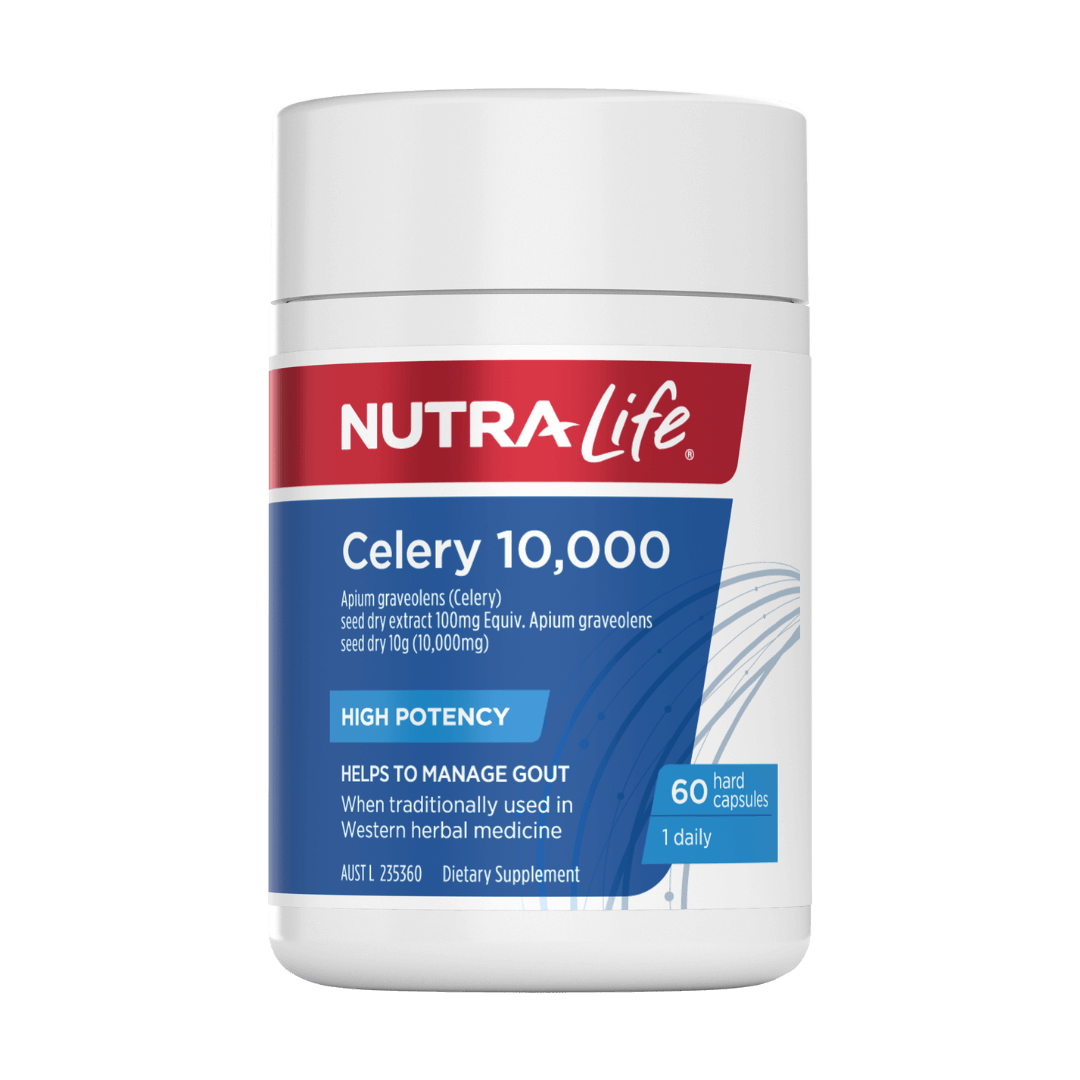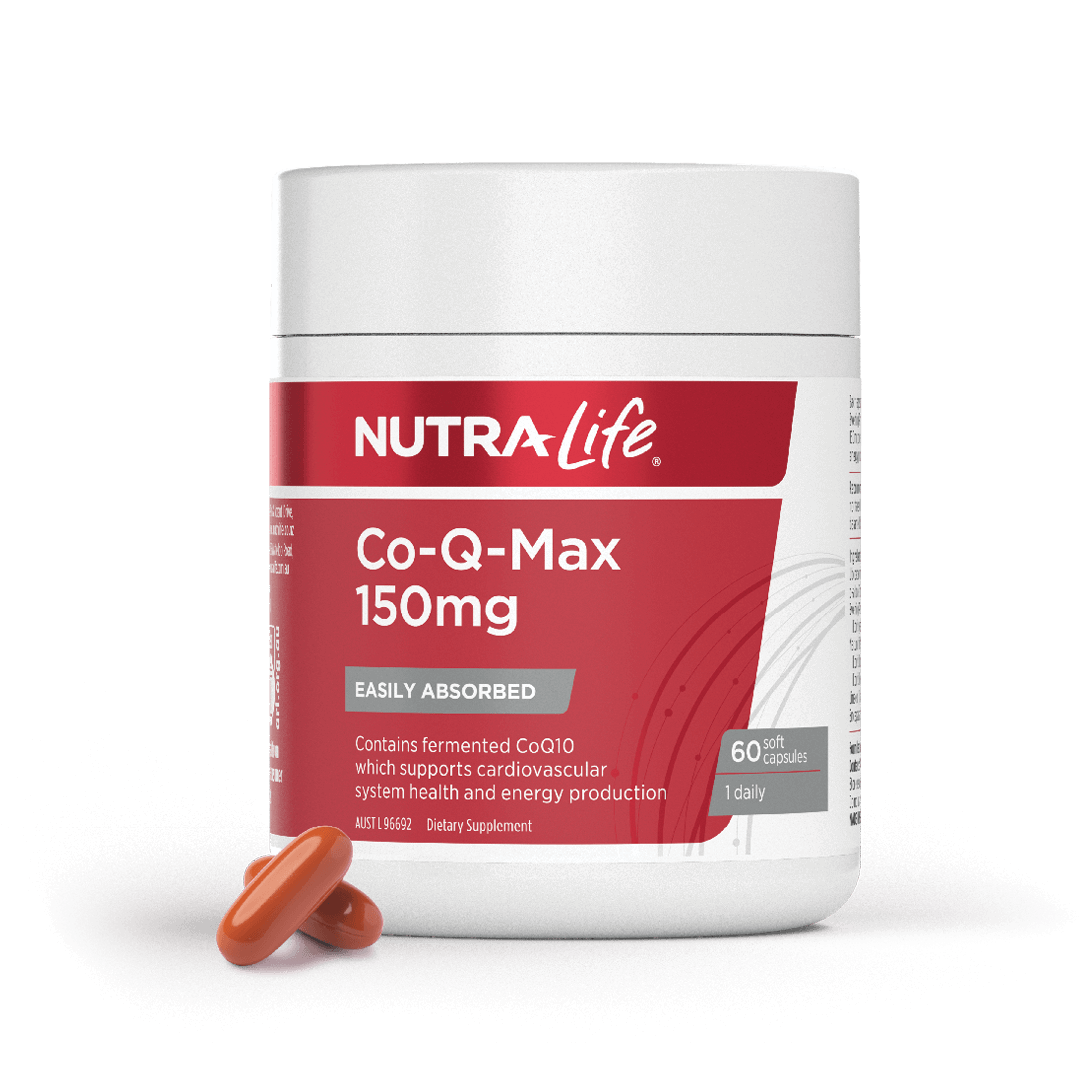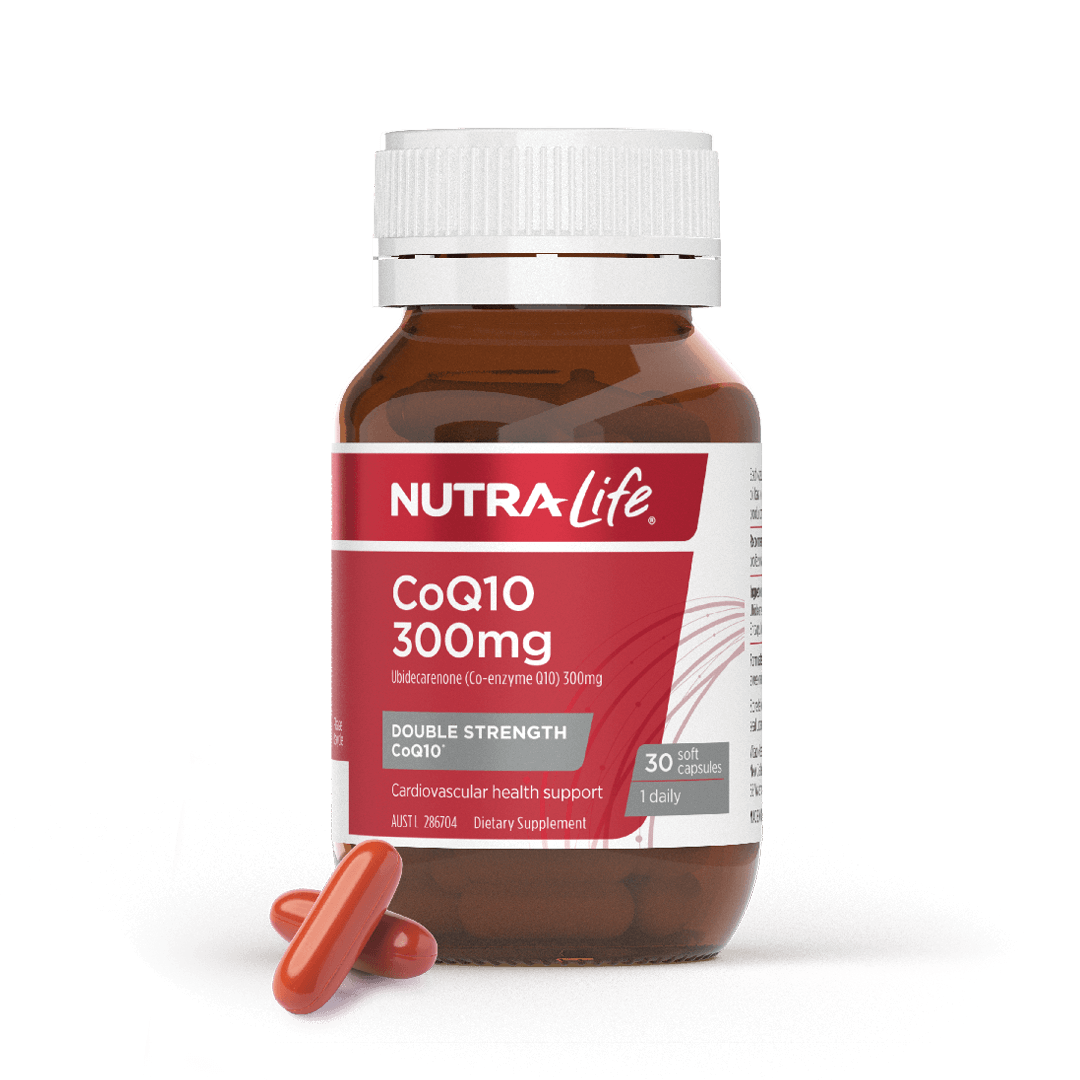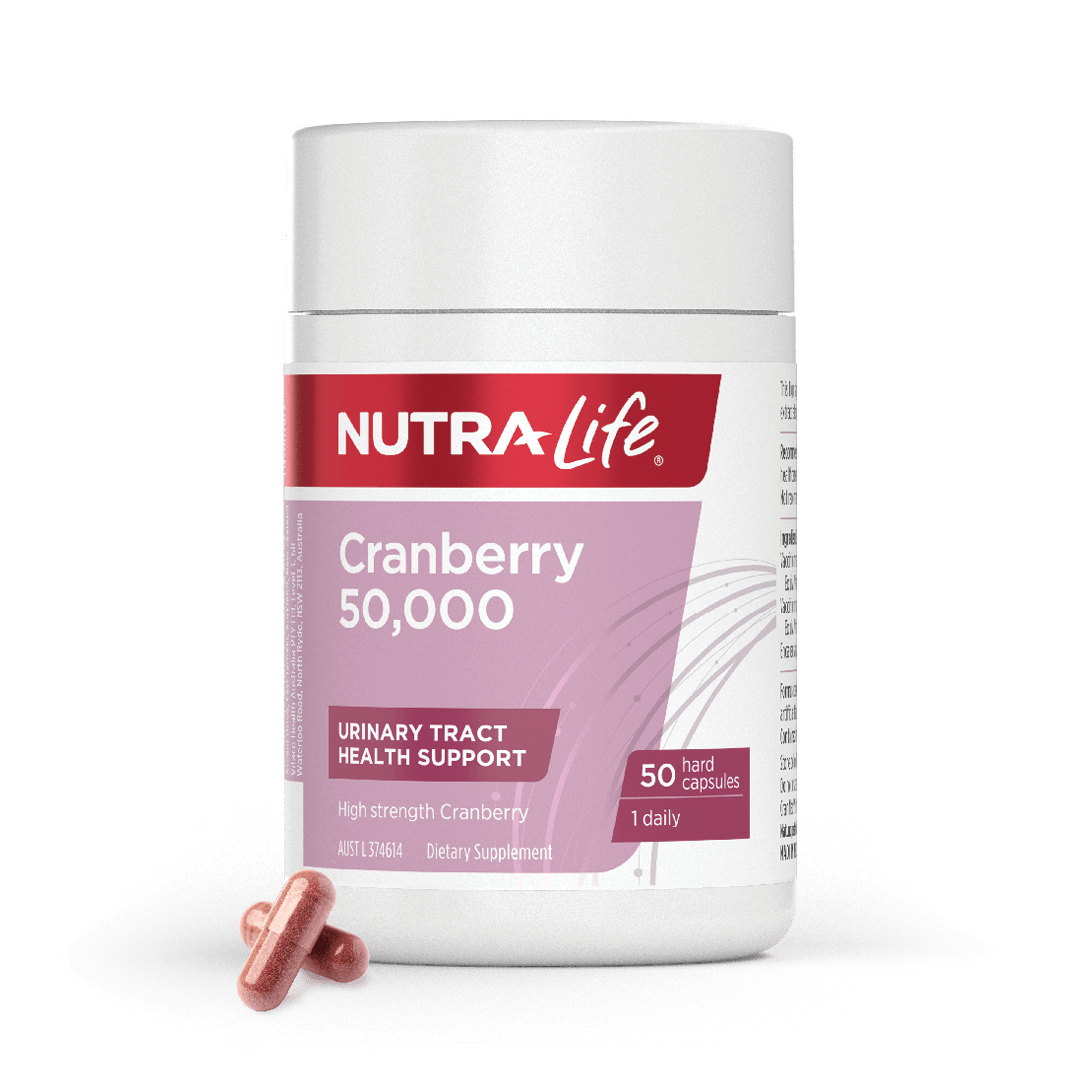What is Ashwagandha/Withania and what is its advantage?
Ashwagandha is a medicinal herb that has become more and more popular in recent years. The name Ashwagandha comes from the Sanskrit meaning ‘horse-like smell’.
Apparently, this name not only refers to the smell of the herb but also to its strengthening and aphrodisiac qualities. It is often referred to as ‘Indian ginseng’ because it is used in much the same way as Panax ginseng in Traditional Chinese Medicine, although it is considered less stimulating.1
Most commonly referred to as Ashwagandha, its botanical name is Withania somnifera, but it is also known as Winter cherry or just simply “Withania”. It is regarded as the king of herbs, because of its prominent place in Ayurvedic medicine, where its ability to support mental and physical balance has been valued for centuries.2
The primary active compounds in Ashwagandha responsible for its beneficial effects are withanolides. They are found mainly in the root, with smaller amounts in the berries, leaves, and bark.1,4
Ashwagandha and Stress
Known as an adaptogenic herb, Ashwagandha can help regulate the adrenals glands (often called “stress glands”). This allows the body to deal more effectively with stressful situations and the negative effects that chronic stress can have on the body – leading to improved mental balance and wellbeing.
Adaptogens have the unique ability to adapt to the needs of the body. This means that they can have both a calming and an energising effect, depending on what the body requires to bring it back into balance. In addition, Ashwagandha also has antioxidant and anti-inflammatory properties.1
How does Ashwagandha help the body cope with stress?
Adaptogenic herbs help the body respond more effectively to stressors and thereby reduce the intensity of the body's stress reactions.
The body’s stress hormones are regulated by the HPA (hypothalamic-pituitary-adrenal) axis. When the body is subjected to stress, this axis responds by stimulating the secretion of cortisol. This stress hormone provides us with the energy needed to cope with challenging situations.
However, during chronic or long-term stress, the adrenal glands become overstimulated and struggle to maintain consistent cortisol production. This can contribute to persistent inflammation and adrenal dysfunction, which in turn can lead to chronic illness.
Ashwagandha, like other adaptogens, may help to restore the balance in the HPA axis by supporting optimal stress hormone levels, thereby reducing the effects of stress and inflammation.
Ashwagandha for anxiety and for sleep
Ashwagandha has also been studied for its potential benefits in anxiety 2,6 and sleep. Although research is still limited, it appears to promote better sleep by calming the nervous system and improving overall sleep quality, which may enhance better quality of life.
It benefits individuals with anxiety in a similar way that it helps those with stress - by lowering cortisol and helping to regulate the body’s stress response.2 High cortisol levels can also disrupt sleep and delay its onset.
Ashwagandha and menopause, mood and weight loss
Menopause:
Studies suggest that Ashwagandha may help relieve mild to moderate hot flashes in perimenopausal women.7 This is promising news for women seeking natural support their symptoms or those who can’t use hormone replacement therapy.
Weight Management
Ashwagandha may indirectly support weight management by helping to manage stress, which is a known contributor to weight gain. While it is not a direct weight loss supplement, its ability to reduce stress and regulate cortisol levels may be beneficial when combined with a healthy diet and lifestyle.9
Mood
Due to its calming effects, Ashwagandha can contribute to an improved sense of well-being, particularly when the body is under stress. These benefits are enhanced when combined with B Vitamins and a balanced lifestyle.10
What is the difference between Ashwagandha and L-Theanine?
Ashwagandha and L-Theanine are both known for promoting a sense of calm in the body. They offer similar benefits, but through very different mechanisms.
Ashwagandha is an adaptogenic herb that helps the body manage stress over time.
L-Theanine, a naturally occurring amino acid found mainly in green tea, is best known for promoting relaxation without causing drowsiness. It works by increasing alpha brain wave activity and supporting calming neurotransmitters such as dopamine and serotonin, resulting in a soothing yet uplifting effect.3
L-Theanine also appears to counteract the stimulatory properties of caffeine – which may explain why people feel often feel relaxed after drinking green tea despite if caffeine content.
Ashwagandha or L-Theanine – which one is better?
Both Ashwagandha and L-Theanine have their place.
L-Theanine is more suited if you want a more immediate, focused sense of calm. It’s best for situations where you need to unwind quickly but still stay mentally sharp i.e. high-stress workdays, exams, or winding down after a busy day. It works relatively quickly to promote relaxation without making you feel sleepy.
In contrast, Ashwagandha is best suited for long-term stress resilience. It’s more of a “big picture” addition to your wellness routine, requiring consistent use over time to experience its benefits. Ultimately, it can help to bring the body back into balance.
When is the best time of day to take Ashwagandha?
Ashwagandha can be taken at any time of day or night, but it’s best taken with food, as it may cause mild stomach discomfort if taken on an empty stomach.
Some may benefit from taking it in the evening to promote calmness and relaxation before sleep. However, if it seems to increase your energy levels, taking it earlier in the day may be more appropriate.
Different Forms of Ashwagandha
Ashwagandha is available in various forms to suit different preferences:
- Tablets and capsules: These are convenient and provide a standardised dosage.
- Powder: Often mixed with water, milk, or smoothies, ashwagandha powder offers flexibility in dosage.
- Gummies: A palatable option, especially for those who dislike pills.
- Tinctures: Alcohol-based extracts that allow for quick absorption.
Patented Ashwagandha Ingredients
Several patented forms of ashwagandha have been developed to enhance bioavailability and efficacy:
- KSM-66: A full-spectrum root extract known for its high concentration of withanolides, the active compounds in ashwagandha.
- Shoden: A newer extract standardized to contain 35% withanolides, aimed at providing faster and more potent effects.
- Ashwanova (Prolanza): Developed by Nutriventia, this extract is designed to support stress reduction and overall well-being.
Each of these patented forms offers unique benefits, and the choice between them may depend on individual health goals and preferences.
Can Ashwagandha be used during pregnancy and breastfeeding?
No. Ashwagandha is not recommended during pregnancy or breastfeeding.
Does Ashwagandha have any contraindications?
Ashwagandha is generally safe when taken as directed, but:
- Use with caution if you have peptic ulcer disease1
- It may cause gastrointestinal irritation in some people1
- People sensitive to the Solanaceae (nightshade) family should use it cautiously1
- Discontinue at least two weeks prior to surgery
- Consult your healthcare professional if you are taking prescription medications that may interact
Conclusion
Ashwagandha is a powerful adaptogenic herb with a long history in Ayurvedic medicine for promoting mental and physical balance. Its active compounds, particularly withanolides, help regulate the body’s stress response by supporting adrenal function and balancing cortisol levels.
This makes it especially useful for managing chronic stress, anxiety, and sleep disturbances. While it works gradually over time to restore equilibrium, its calming yet strengthening effects make it a valuable addition to a long-term wellness routine.
For best results, Ashwagandha should be taken consistently and tailored to individual needs and lifestyle.
Where can I buy Nutra-Life Nutra-Life Deep Sleep + Relaxation?
Nutra-Life Deep Sleep + Relaxation is a comprehensive triple action formula, combining key herbal ingredients for a restful sleep. Valerian helps to promote deep and undisturbed sleep while aiding mental relaxation.
Hops, traditionally used in Western herbal medicine, soothes the nerves. Ashwagandha, traditionally used in Ayurvedic medicine, helps the body adapt to stress.
References:
-
Braun, L., & Cohen, M. (2010). Herbs & Natural Supplements: An Evidence-Based Guide (3rd ed., pp. 1029–1035).
-
National Institutes of Health. (n.d.). Ashwagandha – Health Professional Fact Sheet.
-
Tandon, N., Yadav, S. S. (2020). Contributions of Indian Council of Medical Research (ICMR) in the area of medicinal plants and traditional medicine. Journal of Ethnopharmacology.
-
Chandrasekhar, K., et al. (2023). Effect of Ashwagandha (Withania somnifera) on stress and anxiety in adults: A systematic review and meta-analysis. Phytotherapy Research.
-
Effect of Ashwagandha (Withania somnifera) extract on sleep: A systematic review and meta-analysis. Phytomedicine.
-
A double-blind, placebo-controlled evaluation of the anxiolytic efficacy of an ethanolic extract of Withania somnifera. Indian Journal of Psychiatry.
-
Effect of an Ashwagandha (Withania somnifera) root extract on climacteric symptoms in women during perimenopause: A randomized, double-blind, placebo-controlled study. Journal of Obstetrics and Gynaecology Research.
-
Lopresti, A. L., Drummond, P. D., & Smith, S. J. (2019). A randomized, double-blind, placebo-controlled, crossover study examining the hormonal and vitality effects of Ashwagandha (Withania somnifera) in aging, overweight males. American Journal of Men's Health.
-
Safety and efficacy of Ashwagandha root extract: A systematic review. Journal of Ayurveda and Integrative Medicine.
-
Ashwagandha for improving cardiorespiratory endurance in healthy athletic adults: A randomized controlled trial. Journal of Ethnopharmacology.
